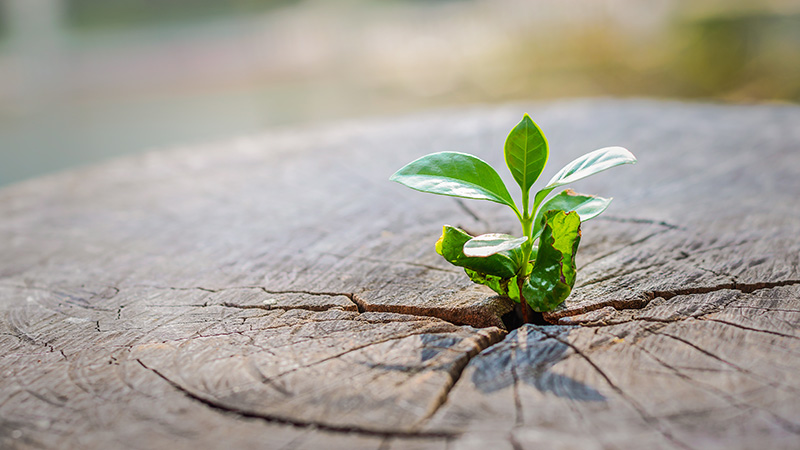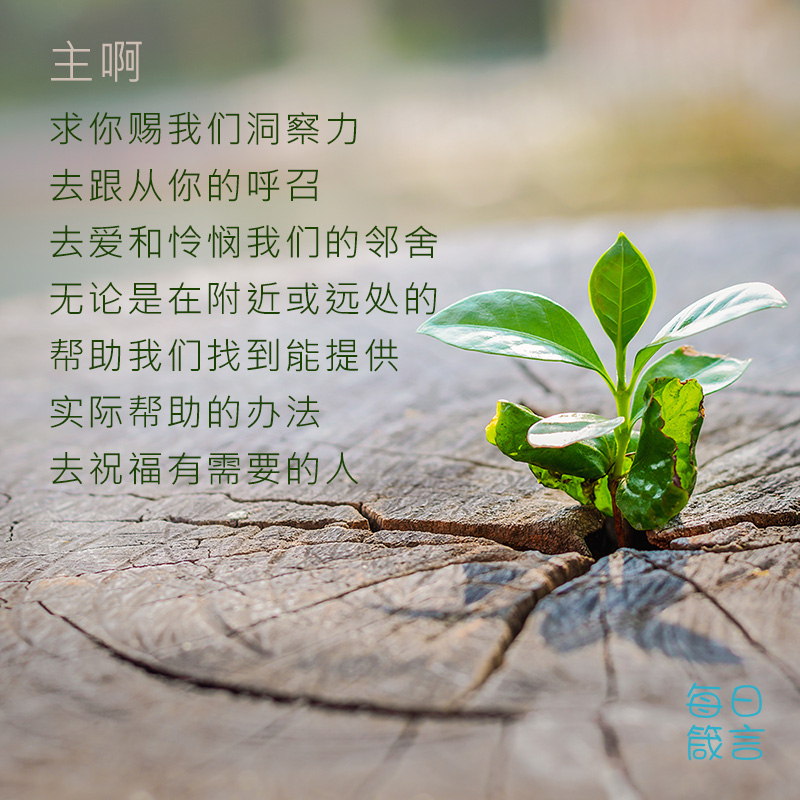

我居住的草原小城有很多加拿大鹅,这有两个原因。首先,我们城市的发电厂位于河边,从发电厂流出来的热水使河水整年都不会结冰。此外,在城市外围的粮田能供应充足的食物。因此每天都有几千只鹅会从河里飞到田里拾取食物,到日落时便飞回城市中。
这些鹅的习惯,令我想起神对以色列民的吩咐。他们收割时要留下足够的食粮给穷人和寄居的。同样,每七年他们也要休耕农田、葡萄园和橄榄园,留下农产给穷人(出埃及记23:10-11)。
现代的耕种方式和城市化,使这些古旧的拾穗做法在很多地方都无法实行,然而神仍呼召我们去关顾贫穷和有需要的人。而不少慈善机构用各种办法去帮助那些不能自给自足的人。作为耶稣的跟随者,我们又可以怎样帮助我们周边有需要的人呢?
祷告
主啊,求你赐我们洞察力去跟从你的呼召去爱和怜悯我们的邻舍——无论是在附近或远处的。帮助我们找到能提供实际帮助的办法去祝福有需要的人。阿们。

利未记 23:22
22“在你们的地收割庄稼,不可割尽田角,也不可拾取所遗落的,要留给穷人和寄居的。我是耶和华你们的神。”
"Do not reap to the very edges of your field or gather the gleanings of your harvest. Leave them for the poor and for the foreigner residing among you." - Leviticus 23:22
The small prairie city where I live is home to a large population of Canada geese. There are two reasons for this. Our power plant is located along the river, and the warm water that flows from the plant means there is open water all year long. In addition, there is a large food supply in the grain fields surrounding the city. Every day thousands of geese fly from the open waters and glean food from the fields before returning to the city at nightfall.
The habits of these birds remind me in some ways of God's instructions to the people of Israel. They were to harvest their fields in such a way that there was plenty left for the poor and the foreigner. Similarly, the people were to leave their fields fallow every seventh year, and their vineyards and olive groves as well, leaving the produce for people who struggled to make ends meet (Exodus 23:10-11).
Though farming practices and urbanization today have made those old gleaning practices impossible in many areas, God's call to care for poor and needy people still stands. And many charitable organizations have found ways to help others who cannot provide for themselves. As followers of Jesus, what can we do to help needy people in the places where we live?
Lord, give us insight to follow your call to show love and mercy to our neighbors—both nearby and far away. Help us to find truly helpful ways to be a blessing to people in need. Amen.
诵读: 骆云秀
片头: 张妙阳

